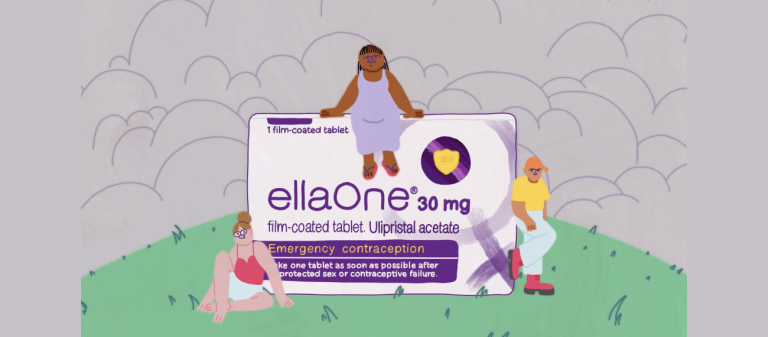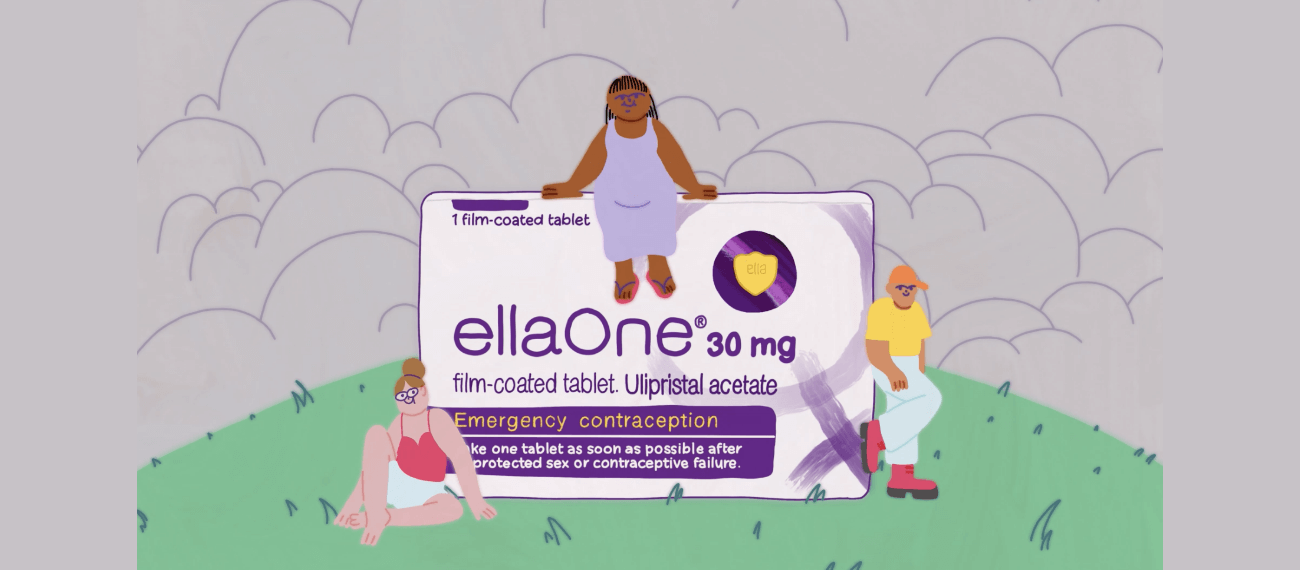Do you know how ellaOne® works?
Do you think you know how the morning after pill works? If you answered no, you’re not alone. Our 2021 survey of almost 1,000 people found that 39% don’t think they know how it works. Even if you answered yes, you might be surprised. Only 21% of the people we surveyed correctly identified how the morning after pill works.
There are a lot of myths and misconceptions around emergency hormonal contraception, i.e. the morning after pill. It makes sense that a lot of people aren’t sure how it works, because many people might hear about it through second hand rumours or through friends rather than getting the facts. Our 2019 survey of over 1,000 people found that whilst 44% of respondents learned about the morning after pill at school, 43% said it was only ‘briefly mentioned’ and one in eight female respondents described the experience as ‘neither helpful nor informative’.
Because of this lack of public awareness around hormonal emergency contraception, unhelpful myths are able to persist. Our 2019 survey found that 41% believe the morning after pill causes an abortion, whilst 40% believed it could make you infertile if you used it too many times. Both of these things are untrue, and believing them could lead to unnecessary confusion and anxiety.
We know that written explanations can feel confusing, difficult to focus on and, let’s face it, sometimes a bit boring. With that in mind, we’d like to take you on a journey inside the human body so you can see for yourself how ellaOne®, the UK’s most popular contraceptive pill*, works and how it can help prevent pregnancy.

*Based on sales data. Verify at ellaone.co.uk/verify
ellaOne® 30mg film-coated tablet contains ulipristal acetate and is indicated for emergency contraception within 120 hours (5 days) of unprotected sexual intercourse or contraceptive failure. Always read the label.




